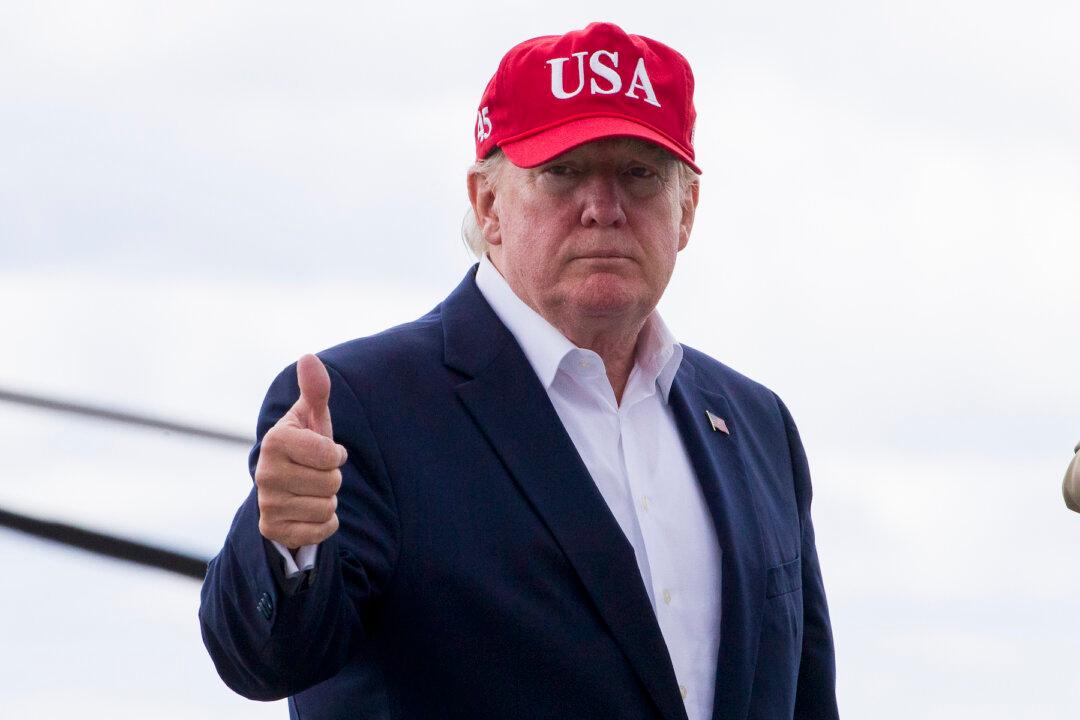President Donald Trump announced that a deal has been reached between the United States and Mexico late June 7, after officials from the two countries met for the third day of talks at the U.S. State Department.
“I am pleased to inform you that the United States of America has reached a signed agreement with Mexico,” Trump wrote on Twitter late June 7.




